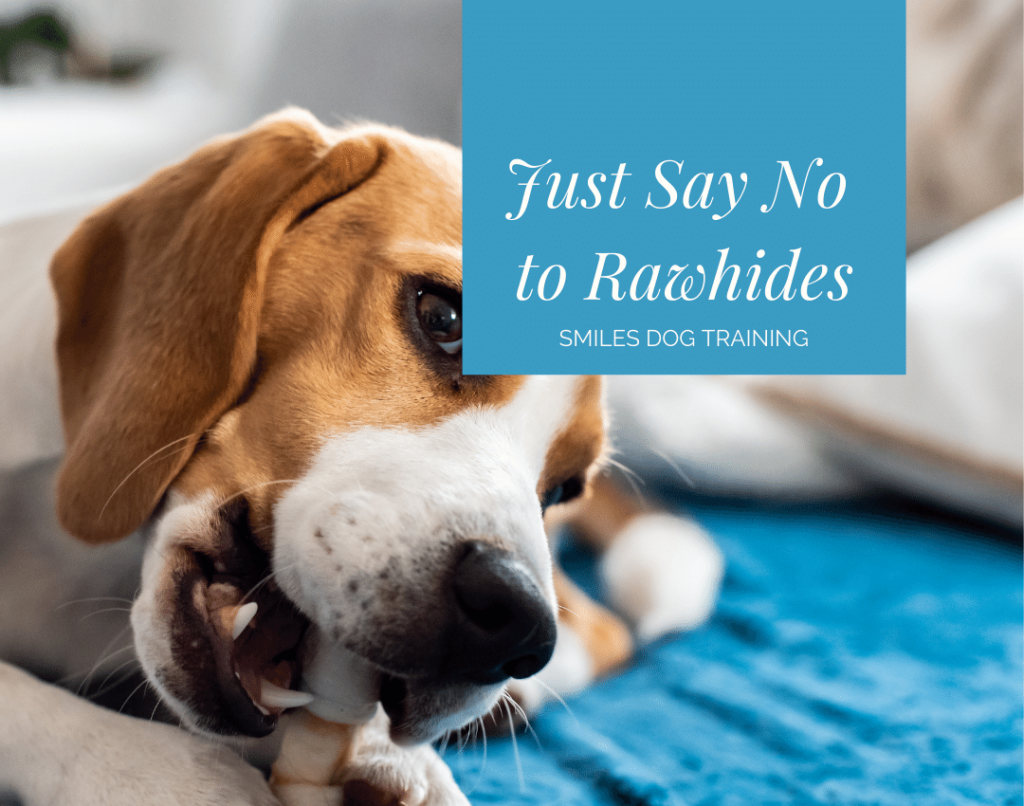No one plans for or expects their dog to bite. Unfortunately, this means a lot of well-meaning folks are setting themselves and their dogs up for failure.
Dogs bite for a variety of reasons including fear, stress, and learning history. While biting is a species-appropriate behavior, it can have major negative outcomes in our human world. Depending on the severity of the injury and your relationship to the injured party, resolution can be as easy a bit of first aid or the situation can lead to legal ramifications and possibly criminal charges.
What is Considered a Dog Bite?
Per Maricopa County Animal Control, a dog bite is defined as an injury where the dog’s teeth have broken skin on a person. Additionally, “if the dog’s teeth have not broken the skin, then it is an attack with or without injury to the person. If your pet has been bitten or injured by another dog, it is an attack with or without injury to the animal.”
What To Do if Your Dog Bites a Person or other Animal
- Remove your dog – the first thing to do is remove your dog from the situation to make sure everyone is safe and no other injury occurs.
- Apologize – if the bite is minor, an apology can go a long way. Other dog owners are often more understanding about these types of things, since they can better empathize with being in your shoes.
- Assess Severity – There are two different bite scales depending on if your dog bit a person or another dog. Refer to these scales to better understand the severity of the bite and the need for medical attention. More severe bites have more guarded outcomes regarding legal responsibility and behavior modification success.
- Administer first aid or seek medical attention – Even minor dog bites can lead to medical complications if not treated properly.
- Exchange information with injured party and witnesses – Exchanging info with the injured person/owner as well as any witnesses to the event can go along way in protecting you from unexpected surprises. If you can document the event and injuries as well, this can help you too.
- Get a vet check for your dog – Pain can be an underlying cause of aggression and other behavior problems in pets, and getting your dog into the veterinarian for an evaluation as soon as possible may help your case if there is in fact an illness or injury that contributed to the bite taking place. A vet check can also confirm if any injuries your dog suffered during the incident need additional medical attention.
- Contact an attorney and your insurance company – An attorney can advise you of any additional legal responsibilities you may have, as these vary from state to state. You should notify your insurance company as well, especially if the injury happened at your home.
- Seek out a qualified professional trainer – Regardless of the severity of the bite, you should begin working with a qualified professional trainer as soon as possible to begin skill building, behavior modification, and possibly muzzle training. The goal of working with a trainer is to help reduce the likelihood of another injury in the future. It can also show responsible ownership to the court system if your situation leads that direction.
What happens when the bite is reported to authorities?
When there is an injury to a person or animal, the injury may reported by the injured party or by medical professionals that provide care. Generally, field officers will follow up on the report of the incident and contact the owner of the dog that caused the injury to implement what is known as a “quarantine period”. This quarantine period is usually 10 or more days, and is specifically designed to prevent the spread of rabies in the community by confining the dog for observation of rabies symptoms.
Quarantine may take place in an owner’s home or in the care of animal control, at the discretion of the field officers processing the incident.
Will my dog be put down?
Each case is different, and impacted by the laws in your state. Since most of my clients and blog readers are located in Arizona, I will speak to the laws in Arizona:
Arizona is a “strict liability” state so owners are liable for all injuries and damages their dog may cause (according to A.R.S. § 11-1025.), and there is no “one free bite” policy in the state (Massey v. Colaric). Injured parties have up to one year to seek legal action.
The injured party can hold the dog’s owner liable if they were injured in a public setting or while on private property, as long as the injured party was a lawful guest or invitee, according to A.R.S. § 11-1026.
If a dog is unquestionably provoked (A.R.S. § 11-1027), the law in Arizona and some other states does allow for this defense to protect you and your dog, which is why documentation at the time of the bite can be so helpful!
In other states, bite laws regarding owner’s liability and potential for legal action may escalate in punishment if the dog has a history of bites or been legally declared a “dangerous dog” already.
In bite cases in Arizona, the euthanasia of a dog typically only occurs if either of the following are true:
- The dog has rabies AND/OR
- a dog poses a danger to itself, the pet owner, or the general public.
The second scenario is generally determined by reviewing bite histories and the severity of injuries. A pattern of aggressive behaviors and multiple bites can contribute to this outcome, so seeking help from a professional trainer as soon as possible is very important to protect you both.
what if someone else was caring for my dog at the time?
In Arizona, both the caretaker and owner are responsible and can be held jointly liable.
how should i care for my dog after they bite someone?
While it can feel like a dog that bites is a bad dog, it is important to remember that all dogs have the capacity to bite and it is a species-appropriate behavior. Once you can see the truth in that, it becomes much easier to help your dog.
- Try not to put your dog back in the situation that the bite occurred. Your dog may have learned that biting worked for what they wanted, and could repeat it in the future if put in the same situation.
- Seek support from your veterinarian and a qualified professional trainer/behavior consultant that uses humane positive reinforcement training methods. Punishment can increase the likelihood of biting and aggressive behavior and should not be used to manage or train a dog.
- Muzzle training can be the difference for you and your dog! Check out The Muzzle Up! Project to learn all about muzzle training and how owners across the world use muzzles to keep their dogs safe and happy.
- Take care of yourself too! Dog bite events can be traumatic for everyone involved, and feeling guilty or scared is totally normal. Talk with people you know and trust to work through your experience so you can advocate for your dog going forward.




It’s good to know that dog bite laws can vary by state and that each case is different. My sister recently adopted an American Bulldog, and she is trying to look into what would happen if someone accused him of biting since they can be considered a dangerous breed. I think it would be smart for her to talk to an attorney that specializes in pet laws so that she can be better prepared and know who to go to if that ever does happen.
Yes, definitely touching base with someone local would be best! 🙂